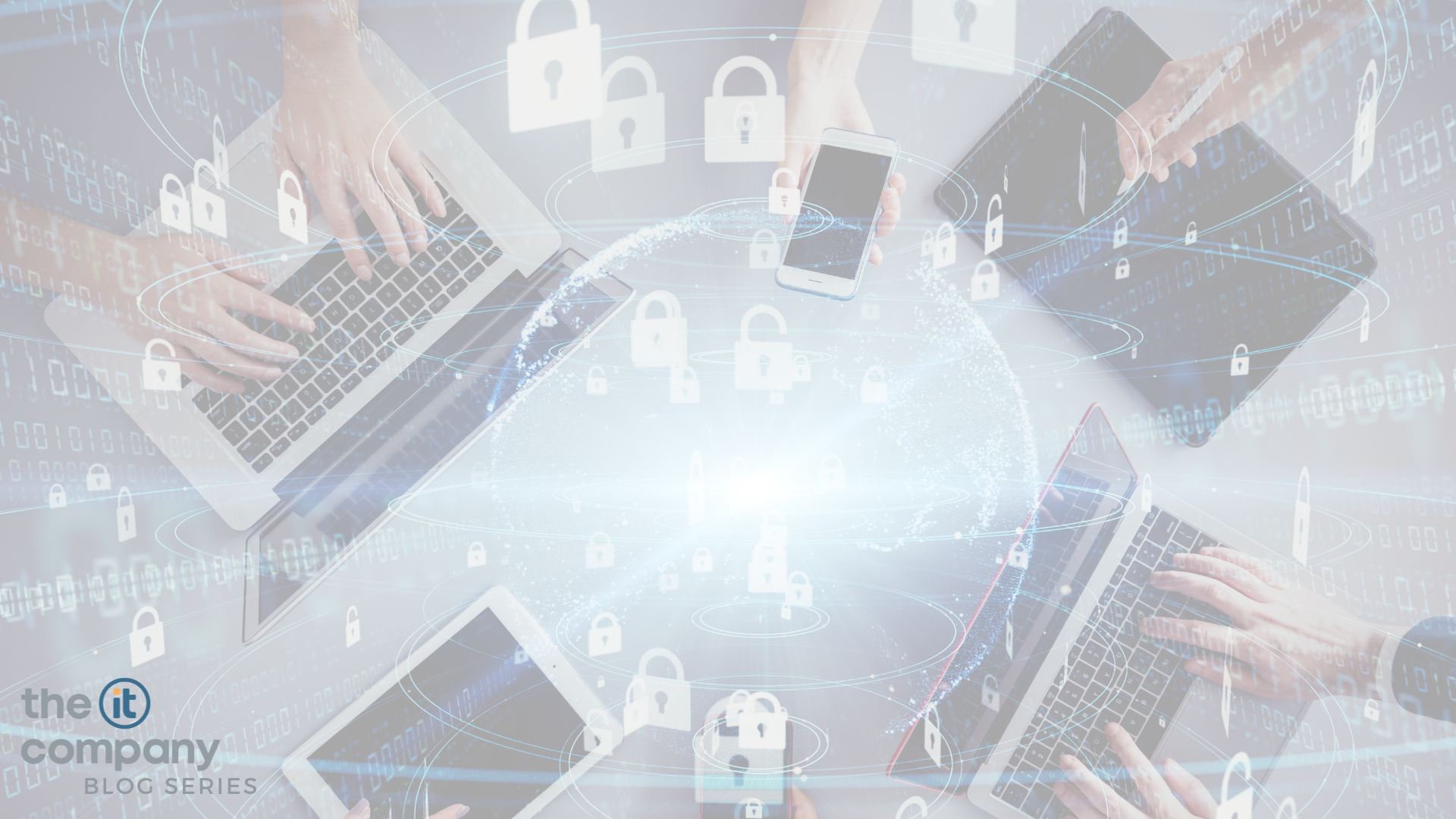Strengthening Your Digital Defense
Two-Factor Authentication is an essential tool in the fight against cyber threats. It acts as a critical layer of defense to safeguard our digital lives from potential breaches and unauthorized access.
- Defending Against Password Vulnerabilities
Passwords are the first line of defense for most online accounts. However, relying solely on passwords for security can be risky. People often reuse passwords across multiple platforms or opt for weak and easily guessable combinations. Cybercriminals exploit these vulnerabilities through brute force attacks or by obtaining leaked password databases from other data breaches. With 2FA in place, even if a password is compromised, an additional layer of authentication, such as a one-time code sent to a user's mobile device, prevents unauthorized access.
- Protecting Against Phishing Attacks
Phishing attacks are a prevalent method used by cybercriminals to trick individuals into revealing their login credentials or other sensitive information. These attacks often involve fake websites or deceptive emails designed to look like legitimate services. With 2FA, even if an attacker manages to obtain a user's password through a phishing attempt, they would still need the second factor (usually a temporary code or biometric verification) to gain access. This added layer significantly reduces the success rate of phishing attacks.
- Mitigating Data Breach Impact
Data breaches have become distressingly common, and the exposure of sensitive information can have severe consequences for both individuals and organizations. By implementing 2FA, businesses can significantly mitigate the damage caused by data breaches. Even if an attacker gains access to a user's login credentials, they will face an additional authentication challenge to access critical systems or confidential data, making it much more challenging for them to exploit the stolen information.
- Enhancing Compliance and Regulatory Requirements
In many industries, compliance with data protection and privacy regulations is mandatory. Implementing 2FA can help organizations meet these requirements by bolstering their security measures. Additionally, 2FA can be seen as a proactive step toward demonstrating a commitment to safeguarding sensitive data and protecting customer information.
- Safeguarding Remote Work Environments
The global shift toward remote work has led to an increased reliance on cloud-based applications and services. With employees accessing corporate resources from various locations and devices, the risk of unauthorized access rises. 2FA provides an additional layer of protection, ensuring that only authorized personnel can access sensitive business data and applications.
In an age where cyber threats continue to evolve, adopting proactive security measures is imperative. Two-Factor Authentication stands as a critical pillar in the defense against cybercriminals seeking to exploit weak passwords and security loopholes. By adding an extra layer of verification, 2FA significantly reduces the risk of unauthorized access, protects against phishing attacks, mitigates data breach impact, enhances regulatory compliance, and ensures the security of remote work environments.
As individuals and organizations, we must prioritize cybersecurity and embrace tools like 2FA to safeguard our digital assets and personal information. Implementing 2FA is a small yet powerful step that can go a long way in fortifying our digital fortress and maintaining a safer online environment for everyone. It's time take charge of our cybersecurity, one authentication at a time. If you are not implements 2FA- it's time to.


